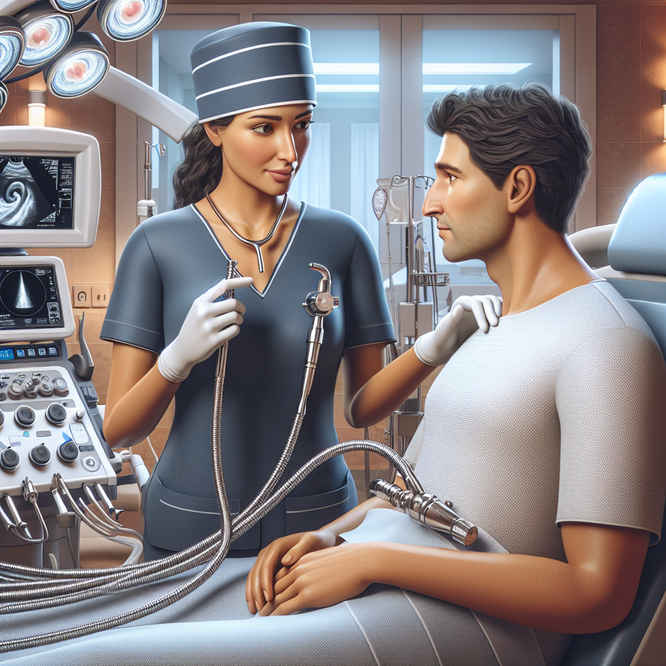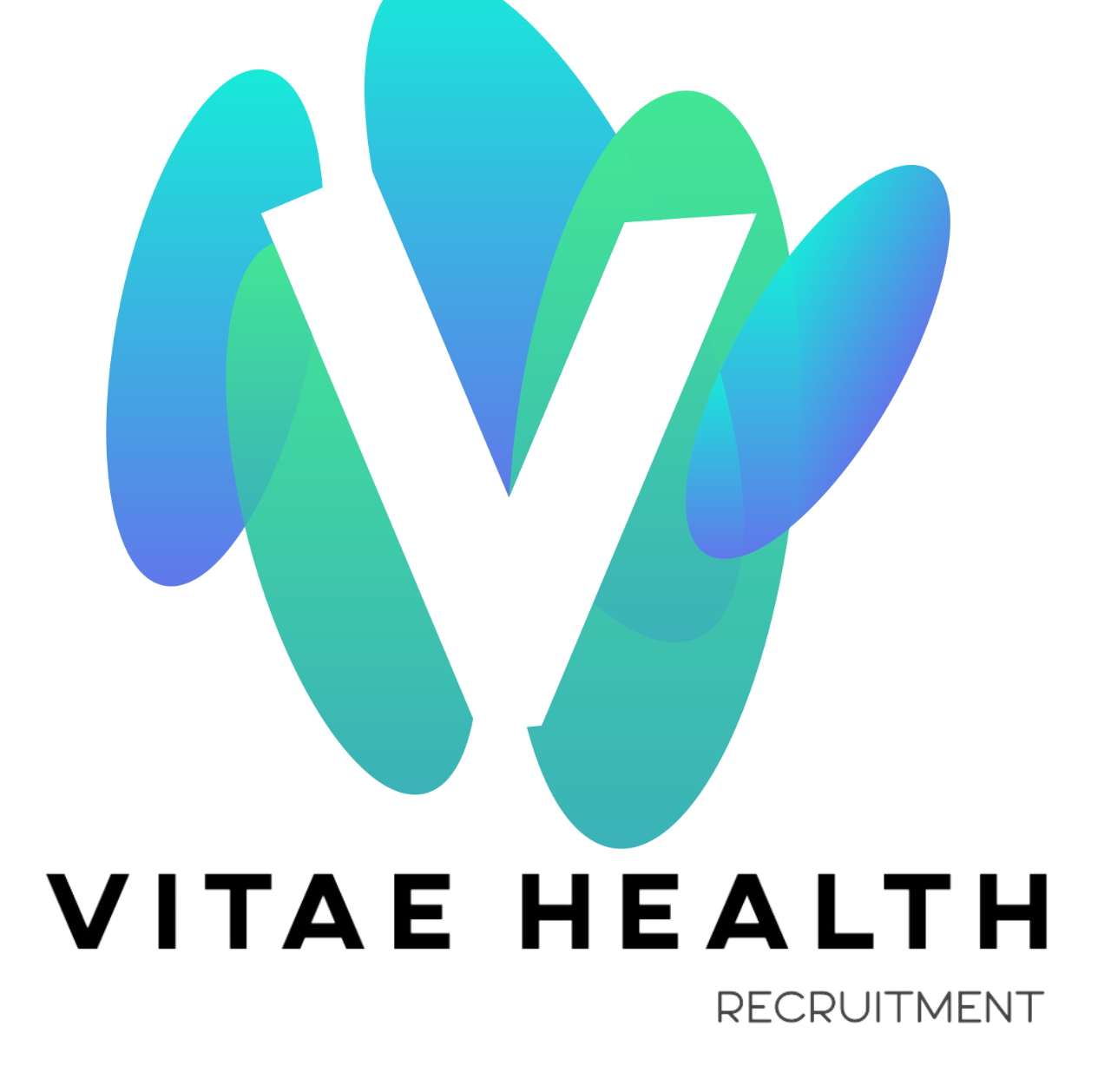
# Endoscopy Nurse Career Guide: Roles, Skills, and Salary Insights
## What is an Endoscopy Nurse?
An endoscopy nurse is a specialized registered nurse (RN) who assists physicians during endoscopic procedures. These procedures use specialized equipment to examine internal organs through natural body openings or small incisions. As digestive and respiratory disorders continue to rise worldwide, endoscopy nurses have become essential members of the healthcare team.
These specialized nurses work primarily in hospitals, ambulatory surgery centers, and gastroenterology clinics. Their unique role combines technical expertise with compassionate patient care before, during, and after endoscopic examinations.
## Key Responsibilities of Endoscopy Nurses
Endoscopy nurses manage a range of duties across three phases of patient care:
### Pre-Procedure Responsibilities
– Assessing patients’ medical histories and identifying potential risks
– Explaining procedures to patients and answering questions to reduce anxiety
– Preparing and sterilizing endoscopic equipment
– Administering sedation medications under physician supervision
– Setting up procedure rooms with necessary supplies and instruments
### During Procedure Assistance
– Monitoring vital signs and sedation levels throughout the procedure
– Assisting physicians by handling instruments and adjusting equipment
– Collecting tissue samples and specimens for laboratory testing
– Providing patient comfort and ensuring proper positioning
– Responding quickly to any complications or emergencies
### Post-Procedure Care
– Monitoring patients’ recovery from sedation
– Providing detailed discharge instructions to patients and families
– Documenting observations and updating medical records
– Cleaning and processing endoscopic equipment
– Communicating findings and follow-up requirements to patients
## Common Endoscopic Procedures
Endoscopy nurses assist with various diagnostic and therapeutic procedures including:
– **Colonoscopy**: Examination of the large intestine
– **Esophagogastroduodenoscopy (EGD)**: Upper GI tract examination
– **Bronchoscopy**: Examination of the airways and lungs
– **ERCP** (Endoscopic Retrograde Cholangiopancreatography): Bile and pancreatic duct examination
– **Cystoscopy**: Bladder and urethra examination
## How to Become an Endoscopy Nurse
The career path to becoming an endoscopy nurse follows a structured progression:
1. **Complete nursing education** – Earn either an Associate Degree in Nursing (ADN) or Bachelor of Science in Nursing (BSN). Most employers prefer BSN-educated nurses for specialist roles.
2. **Pass the NCLEX-RN exam** – Obtain licensure as a Registered Nurse by passing the National Council Licensure Examination.
3. **Gain clinical experience** – Work as an RN for at least 1-2 years, preferably in medical-surgical, critical care, or emergency settings.
4. **Specialize in endoscopy** – Seek positions that provide training in endoscopic procedures, often through on-the-job training programs.
5. **Pursue certification** – While optional, becoming a Certified Gastroenterology Registered Nurse (CGRN) through the Society of Gastroenterology Nurses and Associates (SGNA) enhances job prospects and earning potential.
## Essential Skills for Success
### Technical Skills
– Proficiency with endoscopic equipment and technology
– Strong knowledge of anatomy and physiology, particularly of the digestive system
– Understanding of sedation protocols and medication administration
– Expertise in infection control and sterilization techniques
– Ability to recognize complications and respond appropriately
### Soft Skills
– **Clear communication** with patients and healthcare team members
– **Empathy** when dealing with anxious or uncomfortable patients
– **Attention to detail** for monitoring subtle changes in patient condition
– **Physical stamina** for standing during lengthy procedures
– **Adaptability** to handle unexpected situations
## Endoscopy Nurse Salary and Job Outlook
The endoscopy nursing field offers competitive compensation and strong job security. According to recent data:
– **Average salary range**: $65,000 to $90,000 annually
– **Experience impact**: 5+ years of experience can increase earnings by 15-20%
– **Certification premium**: Certified nurses typically earn 5-10% more than non-certified peers
– **Regional variations**: Urban areas and states with higher costs of living generally offer higher salaries
Factors affecting salary include:
– Geographic location
– Years of experience
– Level of education
– Workplace setting (hospital vs. outpatient center)
– Certification status
The job outlook for endoscopy nurses remains positive, with projected growth of 7% through 2029. This growth is driven by an aging population requiring more diagnostic procedures and the increasing prevalence of gastrointestinal disorders.
## Work Environment and Schedule
Most endoscopy nurses work in:
– Hospitals (inpatient and outpatient departments)
– Ambulatory surgery centers
– Gastroenterology clinics
– Private physician offices
Work schedules typically follow standard business hours since most procedures are scheduled during daytime hours. This makes endoscopy nursing appealing for those seeking a better work-life balance compared to other nursing specialties.
Unlike emergency or critical care nursing, endoscopy units rarely require night shifts, though early morning starts may be necessary to prepare for procedures. Weekend coverage is generally limited to emergency cases at hospitals.
## Career Advancement Opportunities
Experienced endoscopy nurses can progress their careers through several paths:
– **Lead Endoscopy Nurse**: Supervising a team of nurses and technicians
– **Endoscopy Department Manager**: Overseeing all aspects of an endoscopy unit
– **Clinical Educator**: Training new staff in endoscopic procedures
– **Device Representative**: Working for medical equipment manufacturers
– **Advanced Practice**: Pursuing nurse practitioner roles with additional education
Continuing education through workshops, conferences, and advanced certifications helps endoscopy nurses stay current with evolving techniques and enhance their career prospects.
## Challenges and Rewards
Like all healthcare specialties, endoscopy nursing presents both challenges and satisfactions. Common challenges include dealing with poorly prepped patients, managing sedation complications, and handling the physical demands of standing for long procedures.
However, most endoscopy nurses find significant reward in:
– Participating in potentially life-saving diagnostic procedures
– Building relationships with patients during vulnerable moments
– Enjoying a collaborative, team-based work environment
– Having a more predictable schedule than many nursing specialties
– Continuous learning in an evolving field
For nurses who enjoy combining technical skills with compassionate care, endoscopy nursing offers a fulfilling career path with excellent stability and growth potential.

# Endoscopy Nurse Career Guide: Roles, Skills, and Salary Insights
## What is an Endoscopy Nurse?
An endoscopy nurse is a specialized registered nurse (RN) who assists physicians during endoscopic procedures. These procedures use specialized equipment to examine internal organs through natural body openings or small incisions. As digestive and respiratory disorders continue to rise worldwide, endoscopy nurses have become essential members of the healthcare team.
These specialized nurses work primarily in hospitals, ambulatory surgery centers, and gastroenterology clinics. Their unique role combines technical expertise with compassionate patient care before, during, and after endoscopic examinations.
## Key Responsibilities of Endoscopy Nurses
Endoscopy nurses manage a range of duties across three phases of patient care:
### Pre-Procedure Responsibilities
– Assessing patients’ medical histories and identifying potential risks
– Explaining procedures to patients and answering questions to reduce anxiety
– Preparing and sterilizing endoscopic equipment
– Administering sedation medications under physician supervision
– Setting up procedure rooms with necessary supplies and instruments
### During Procedure Assistance
– Monitoring vital signs and sedation levels throughout the procedure
– Assisting physicians by handling instruments and adjusting equipment
– Collecting tissue samples and specimens for laboratory testing
– Providing patient comfort and ensuring proper positioning
– Responding quickly to any complications or emergencies
### Post-Procedure Care
– Monitoring patients’ recovery from sedation
– Providing detailed discharge instructions to patients and families
– Documenting observations and updating medical records
– Cleaning and processing endoscopic equipment
– Communicating findings and follow-up requirements to patients
## Common Endoscopic Procedures
Endoscopy nurses assist with various diagnostic and therapeutic procedures including:
– **Colonoscopy**: Examination of the large intestine
– **Esophagogastroduodenoscopy (EGD)**: Upper GI tract examination
– **Bronchoscopy**: Examination of the airways and lungs
– **ERCP** (Endoscopic Retrograde Cholangiopancreatography): Bile and pancreatic duct examination
– **Cystoscopy**: Bladder and urethra examination
## How to Become an Endoscopy Nurse
The career path to becoming an endoscopy nurse follows a structured progression:
1. **Complete nursing education** – Earn either an Associate Degree in Nursing (ADN) or Bachelor of Science in Nursing (BSN). Most employers prefer BSN-educated nurses for specialist roles.
2. **Pass the NCLEX-RN exam** – Obtain licensure as a Registered Nurse by passing the National Council Licensure Examination.
3. **Gain clinical experience** – Work as an RN for at least 1-2 years, preferably in medical-surgical, critical care, or emergency settings.
4. **Specialize in endoscopy** – Seek positions that provide training in endoscopic procedures, often through on-the-job training programs.
5. **Pursue certification** – While optional, becoming a Certified Gastroenterology Registered Nurse (CGRN) through the Society of Gastroenterology Nurses and Associates (SGNA) enhances job prospects and earning potential.
## Essential Skills for Success
### Technical Skills
– Proficiency with endoscopic equipment and technology
– Strong knowledge of anatomy and physiology, particularly of the digestive system
– Understanding of sedation protocols and medication administration
– Expertise in infection control and sterilization techniques
– Ability to recognize complications and respond appropriately
### Soft Skills
– **Clear communication** with patients and healthcare team members
– **Empathy** when dealing with anxious or uncomfortable patients
– **Attention to detail** for monitoring subtle changes in patient condition
– **Physical stamina** for standing during lengthy procedures
– **Adaptability** to handle unexpected situations
## Endoscopy Nurse Salary and Job Outlook
The endoscopy nursing field offers competitive compensation and strong job security. According to recent data:
– **Average salary range**: $65,000 to $90,000 annually
– **Experience impact**: 5+ years of experience can increase earnings by 15-20%
– **Certification premium**: Certified nurses typically earn 5-10% more than non-certified peers
– **Regional variations**: Urban areas and states with higher costs of living generally offer higher salaries
Factors affecting salary include:
– Geographic location
– Years of experience
– Level of education
– Workplace setting (hospital vs. outpatient center)
– Certification status
The job outlook for endoscopy nurses remains positive, with projected growth of 7% through 2029. This growth is driven by an aging population requiring more diagnostic procedures and the increasing prevalence of gastrointestinal disorders.
## Work Environment and Schedule
Most endoscopy nurses work in:
– Hospitals (inpatient and outpatient departments)
– Ambulatory surgery centers
– Gastroenterology clinics
– Private physician offices
Work schedules typically follow standard business hours since most procedures are scheduled during daytime hours. This makes endoscopy nursing appealing for those seeking a better work-life balance compared to other nursing specialties.
Unlike emergency or critical care nursing, endoscopy units rarely require night shifts, though early morning starts may be necessary to prepare for procedures. Weekend coverage is generally limited to emergency cases at hospitals.
## Career Advancement Opportunities
Experienced endoscopy nurses can progress their careers through several paths:
– **Lead Endoscopy Nurse**: Supervising a team of nurses and technicians
– **Endoscopy Department Manager**: Overseeing all aspects of an endoscopy unit
– **Clinical Educator**: Training new staff in endoscopic procedures
– **Device Representative**: Working for medical equipment manufacturers
– **Advanced Practice**: Pursuing nurse practitioner roles with additional education
Continuing education through workshops, conferences, and advanced certifications helps endoscopy nurses stay current with evolving techniques and enhance their career prospects.
## Challenges and Rewards
Like all healthcare specialties, endoscopy nursing presents both challenges and satisfactions. Common challenges include dealing with poorly prepped patients, managing sedation complications, and handling the physical demands of standing for long procedures.
However, most endoscopy nurses find significant reward in:
– Participating in potentially life-saving diagnostic procedures
– Building relationships with patients during vulnerable moments
– Enjoying a collaborative, team-based work environment
– Having a more predictable schedule than many nursing specialties
– Continuous learning in an evolving field
For nurses who enjoy combining technical skills with compassionate care, endoscopy nursing offers a fulfilling career path with excellent stability and growth potential.
